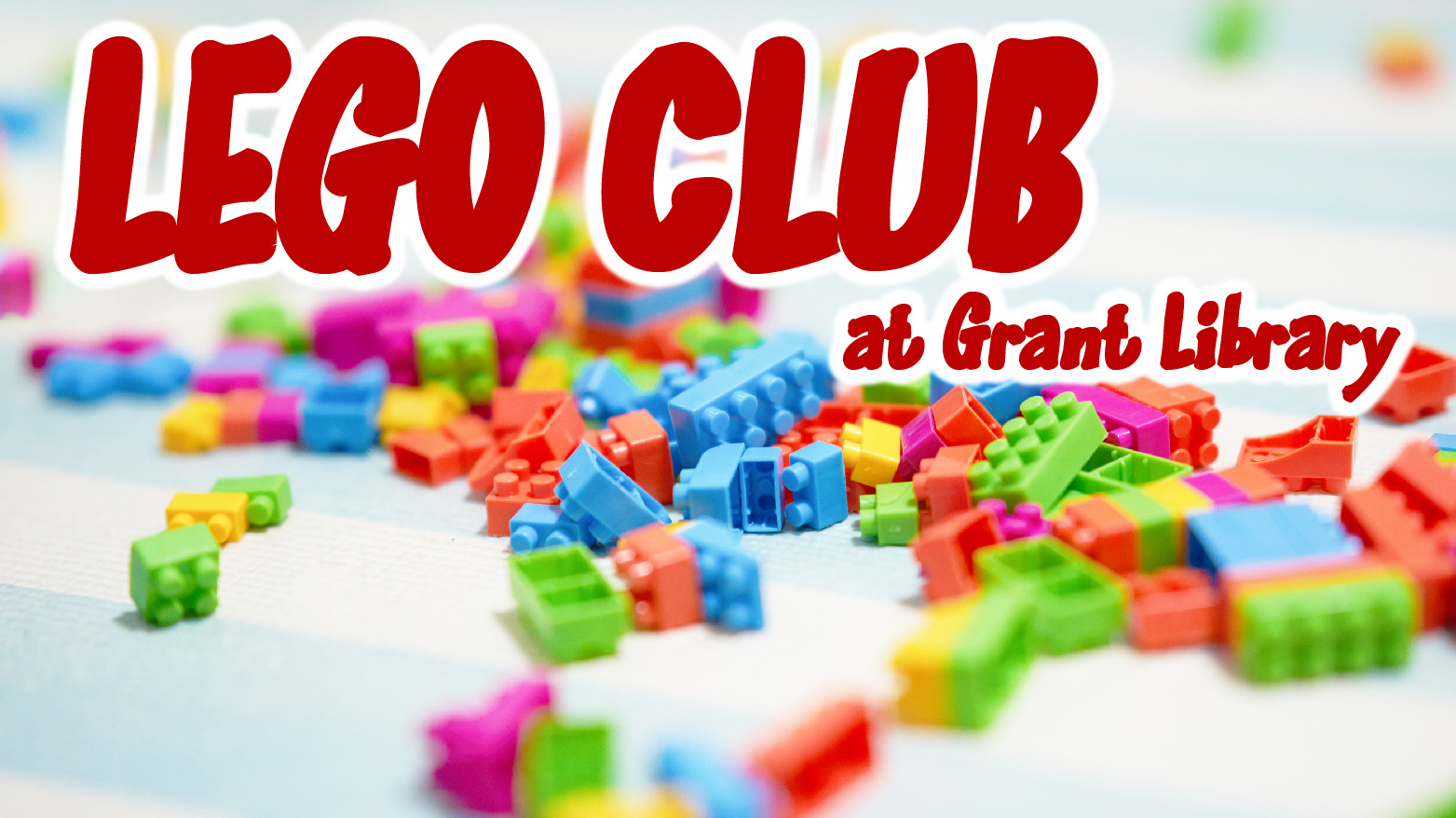- Army Family Team Building
-
Army Family Team Building (AFTB) empowers you, through self-development and leadership skills, basic Army knowledge and specialized training, to maximize your personal and professional potential.
- AFTB (Level I) Military Knowledge (K) Modules train basic information about the Army: You’ll learn about Army life and how to manage daily challenges by discovering how to decipher Army acronyms, use community resources, attain better financial readiness, and understand the goal and impact of the Army mission on daily life.
- AFTB (Level II) Personal Growth and Resiliency (G) Modules train personal growth skills: Learn how to improve your personal relationships, communication and stress-management skills. Discover how teams form and grow, how to solve problems, and how to resolve personal conflict. You’ll also learn about Army traditions, customs, courtesies and protocol.
- AFTB (Level III) Leadership Development (L) Modules train leadership skills: Thrive in the Army and civilian life by expanding leadership skills. You'll learn effective communication techniques and how to mentor others into leadership positions. You’ll understand the different leadership styles, how to run an effective meeting, manage group conflict, and how to be an effective coach.
AFTB improves personal and family preparedness. It enhances overall Army readiness and the ability for America’s Army to adapt to a changing world.
For more information, contact your Army Community Service Family Program office or Army OneSource.
AFTB is a volunteer-led organization with a central tenet: provide training and knowledge to support the total Army effort. AFTB encourages strong Soldiers and Families. AFTB is training for a way of life that prepares everyone in America’s Army to function at their personal highest level, in any situation, with minimal outside support. Why just survive your military experience when you can thrive?
AFTB classes are standardized throughout the entire Army ~ wherever you and your Soldier are assigned, you can take advantage of the information offered through the program. The classes are free of charge and not only provide information about the military lifestyle you are now a part of, but also provide great opportunities to meet others who like to get involved in our community. AFTB's three different levels are comprised of 30 individual modules. Modules can be completed at the student's discretion, no particular order is required, and there are no prerequisites.
- Level K - Military Knowledge
-
These modules are crucial for those who are new to the Army. Participants are introduced to basic terms, acronyms, and resources that are needed in order to successfully transition into the Army lifestyle. Military Knowledge is not just for new military spouses but also for long-term Army spouses by showing them the “new” within the Army.
Bring these classes to your Unit Footprint
K.1: Military Life . . . What Does It Mean? - understand the mission, commitment required, and challenges of military life in order to define realistic expectations to positively impact your military experience.
K.2: Military Acronyms and Terms - be able to communicate by employing military specific language, terms, acronyms and time with Army personnel, DA Civilians, and contractors in a military environment.
K.3: Chain of Command - comprehend military structure including rank, chain of command, and basic unit organization to successfully interact within the military community.
K.4: Customs, Courtesies, Ceremonies, and Traditions - understand and exhibit appropriate behavior in accordance with proper military customs, courtesies and protocol in daily military life leading to personal satisfaction and a sense of belonging.
K.5:Military Social Functions - apply the skills needed to assist in feeling comfortable with social aspects of the military lifestyle.
K.6: Military Benefits and Entitlements - decipher the Leave and Earnings Statement and differentiate between available benefits and provided entitlements to select the most favorable to meet individual needs.
K.7: Introduction to Military and Civilian Community Resources - learn about select military and community resources appropriate to meet various life situations.
K.8: Introduction to Family Readiness Groups - understand the mission, structure, and purpose of the Family Readiness Group, plus discuss the benefits FRGs bring to the Total Military Community.
K.9: Military Family Preparedness - discuss the importance of family preparedness including legal preparation, financial preparation, preparing for emergencies, and maintaining accurate record keeping of important documents.
K.10: Resiliency, Be The Bouncing Ball - discuss the definition and characteristics of resilience and develop strategies to increase personal resilience.
- Level G - Personal Growth
-
Learn how to improve your personal relationships, communication and stress-management skills. Discover how teams form and grow, how to solve problems, and how to resolve personal conflict. These modules teach skills that will support your personal growth.
Bring these classes to your Unit Footprint
G.1: Learn to Communicate - employ effective skills and develop communication strategies.
G.2: Effective Conflict Management - appraise conflict and employ respectful conflict management techniques.
G.3: Problem Solving Strategies - be able to evaluate problem-solving strategies and generate effective solutions.
G.4: Exploring Personality Traits - differentiate personality traits to discover effective ways to interact with peers, co-workers, friends and family.
G.5: Improving Personal Relationships - be able to discuss how to develop and maintain healthy personal relationships and identify the benefits of being a supportive group member; also identify the impact of self-esteem on building relationships as well as the benefits of networking.
G.6: Successful Team Dynamics - appraise relationships and interpret healthy relationships.
G.7: Growing Through Change - examine change and determine strategies for positively managing change.
G.8: Resiliency During Crisis and Grief - be able to define resiliency during crisis and grief and understand the stages of the grieving process; also examine and determine appropriate coping strategies as well as identify resources within their own personal, military, local, and community environments.
G.9: Overcoming Stress - examine stress and employ stress reduction techniques to increase resiliency and reduce the effects of stress.
G.10: Winning at Time Management - acquire time management skills and techniques to prioritize activities.
G.11: Time to Serve: The Volunteer Experience - explore the importance of volunteerism within the military and civilian communities and the benefits to both the volunteer and the organizations they serve; also examine the documentation required to validate the volunteer service as well as the organization served.
G.12: Heading Toward Leadership - distinguish various leadership characteristics and examine leader-follower relationships.
- Level L - Leadership Development
-
Thrive in the Army and civilian life by expanding leadership skills. You'll learn effective communication techniques and how to mentor others into leadership positions. You’ll understand the different leadership styles, how to run an effective meeting, manage group conflict, and how to be an effective coach. This training is valuable to individuals who are or want to be leaders, whether it is in the unit, the SFRG, or the community.
Bring these classes to your Unit Footprint
L.1: Leadership Through Understanding Needs - analyze the behaviors associated with Maslow’s Hierarchy of Needs and identify motivational strategies to help fulfill those needs; also evaluate the importance of group needs and create a personal action plan to meet both individual and group needs.
L.2: Examining your Leadership Style - identify your innate leadership approach and examine the alternative styles of others in order to incorporate various approaches into their personal and professional lives.
L.3: Effective Communication for Leaders - construct communication strategies to successfully convey information as leaders to teams or individuals.
L.4: Developing Great Meetings - select elements and techniques needed to successfully develop and conduct meetings in personal and professional venues.
L.5: Establishing Team Dynamics - discuss ways leaders can build strong and cohesive teams, by capitalizing on a positive attitude, understanding their role in the stages of team development, building commitment within the team, and being aware of the characteristics of an effective team.
L.6: Resolving Conflict - explore causes and benefits of conflict and develop approaches to conflict management.
L.7: Supporting Others through Coaching and Mentoring - differentiate between the role of a coach and the role of a mentor, assess your strengths and challenges as a coach and as a mentor, examine behaviors of a leader as a coach and as a mentor, and identify effective feedback techniques to incorporate into your leadership repertoire to enhance your effectiveness in leadership roles.
L.8: Virtual Meetings: Tips and Techniques - identify key elements to conduct a virtual meeting and devise strategies to effectively manage a virtual meeting.
- Instructor, Facilitator, and Briefer Training Courses
-
Instructor Training Course - ITC prepares volunteers to become instructors for the AFTB program. Because we are an all-volunteer corps, we continually recruit instructors. Instructor Training prepares Family Members, Soldiers, and Civilians to become an effective ACS/AFTB instructor. No prior teaching experience is necessary. Instructor Training classes include developing platform skills, teaching adult learners, managing the learning environment, and methods of instruction and the preparation process. Benefits include childcare (when available), professional development, resume building experience, networking opportunities, and meeting new people.
Facilitator Training Course - FTC is designed to introduce you to new skills to become a successful facilitator. We use the Instructor Training Course as a pre-requisite for the Facilitator Training Course to give you a foundation of quality presentation skills and group interaction skills. Now, you’ve been asked to facilitate a group. What does that mean exactly? Do you just lead a discussion? There are many skills and techniques necessary to be a successful instructor. This same set of skills and techniques apply to a successful facilitator. As a facilitator, you will need to acquire a wide range of skills and tools.
Briefer Training Course - BTC is designed to teach you skills to become a successful briefer. Briefers may be called upon to deliver briefings on a wide variety of information and programs to diverse audiences. You may be asked to give a desk side briefing to a commander or brief different sizes and types of audiences on various programs. With that in mind, we developed this course to specifically address how to prepare for and present effective briefings. This class also addresses how to tailor various ACS briefings to suit different audiences and accomplish different purposes.
An official army family and MWR Site



